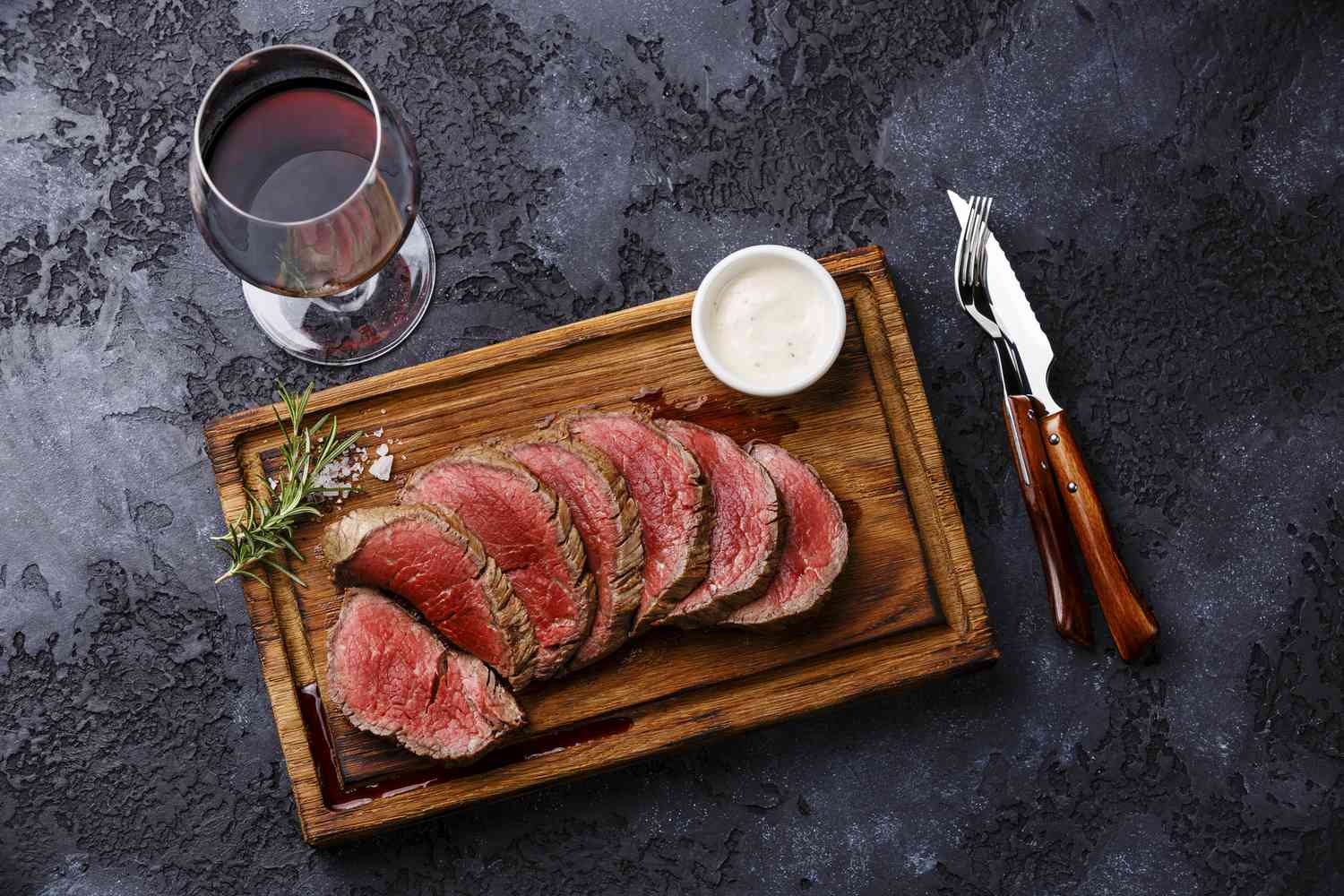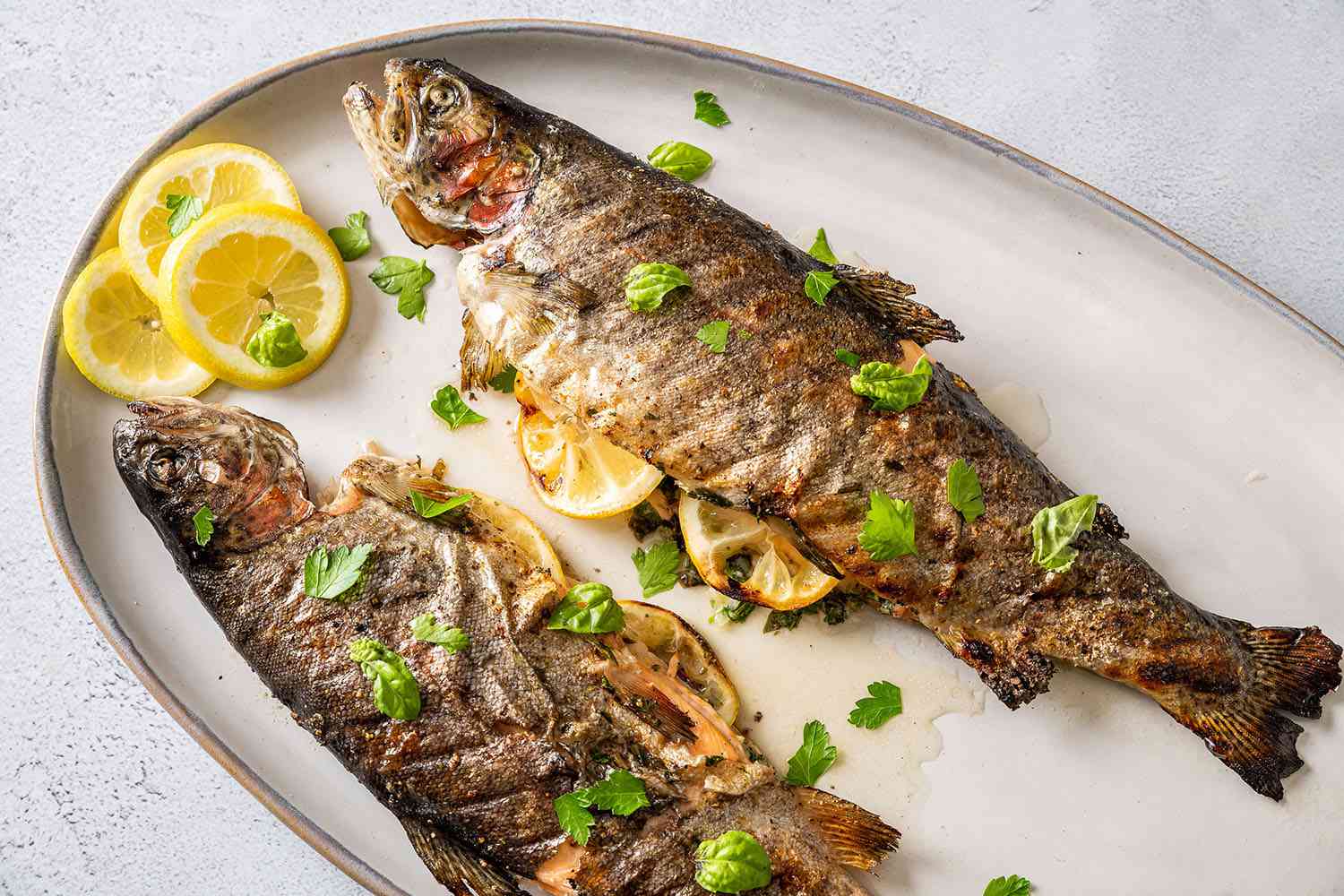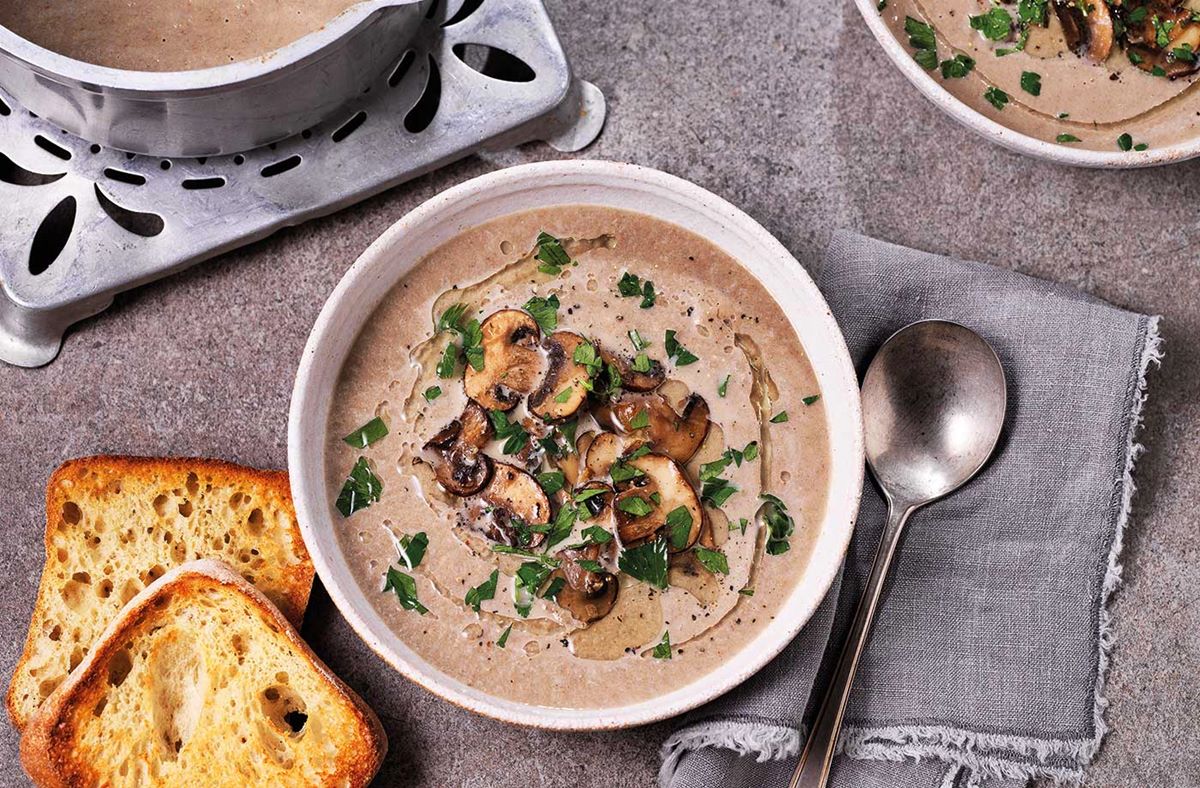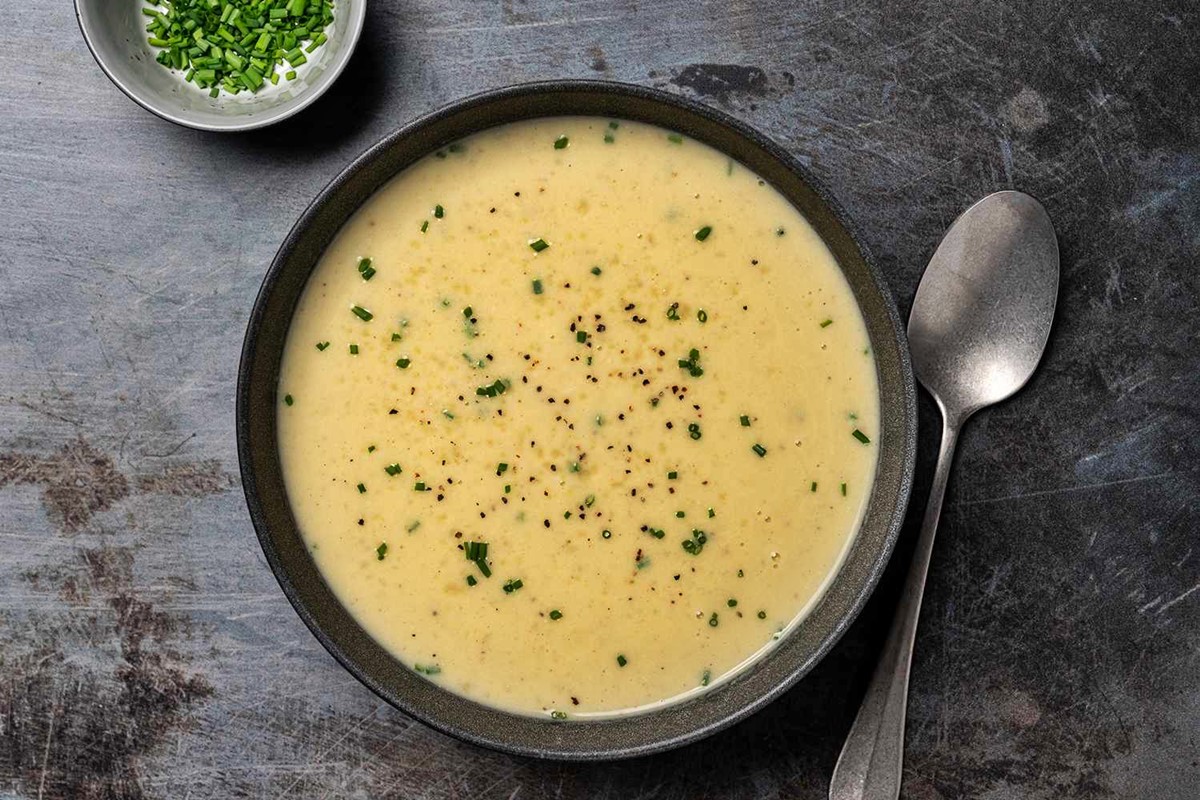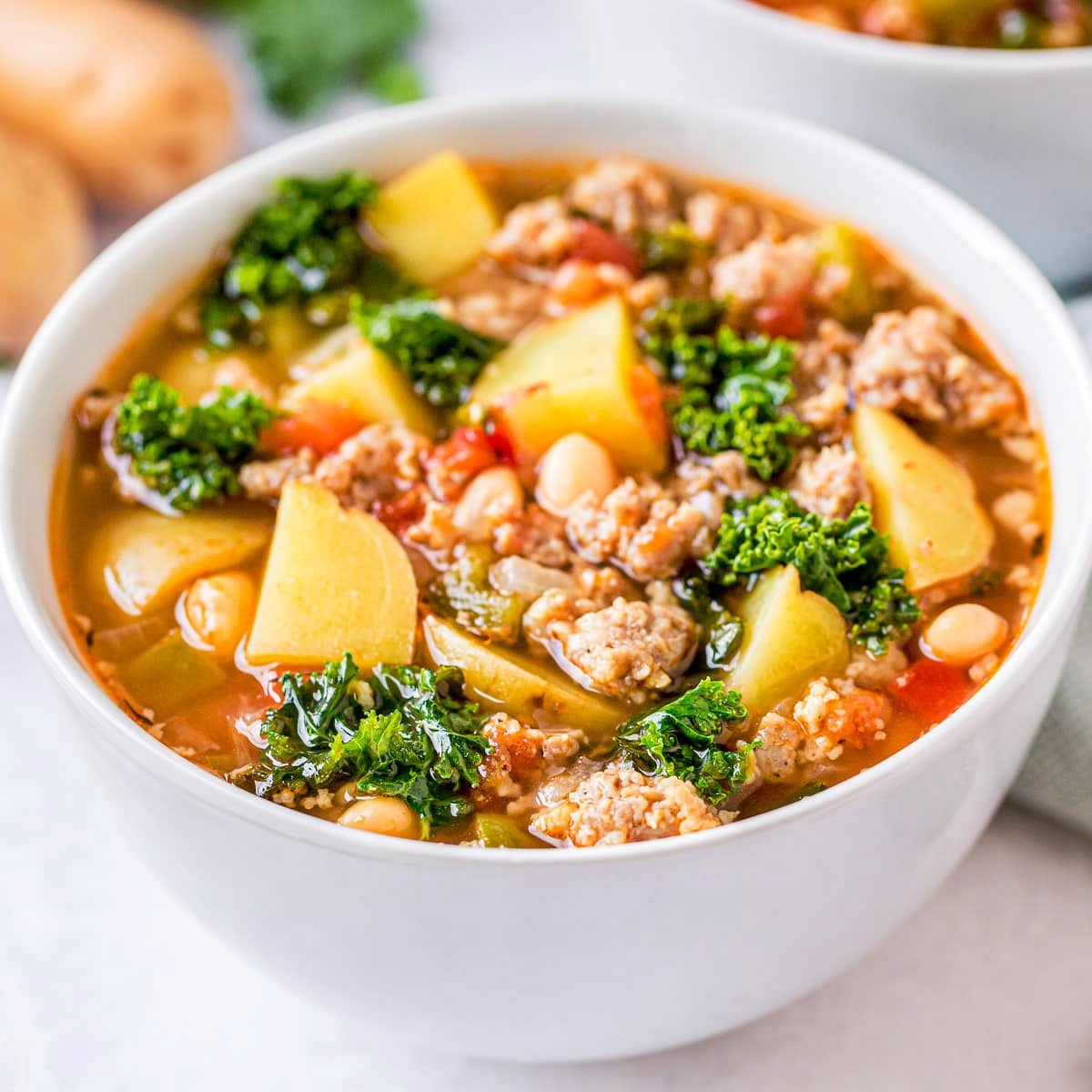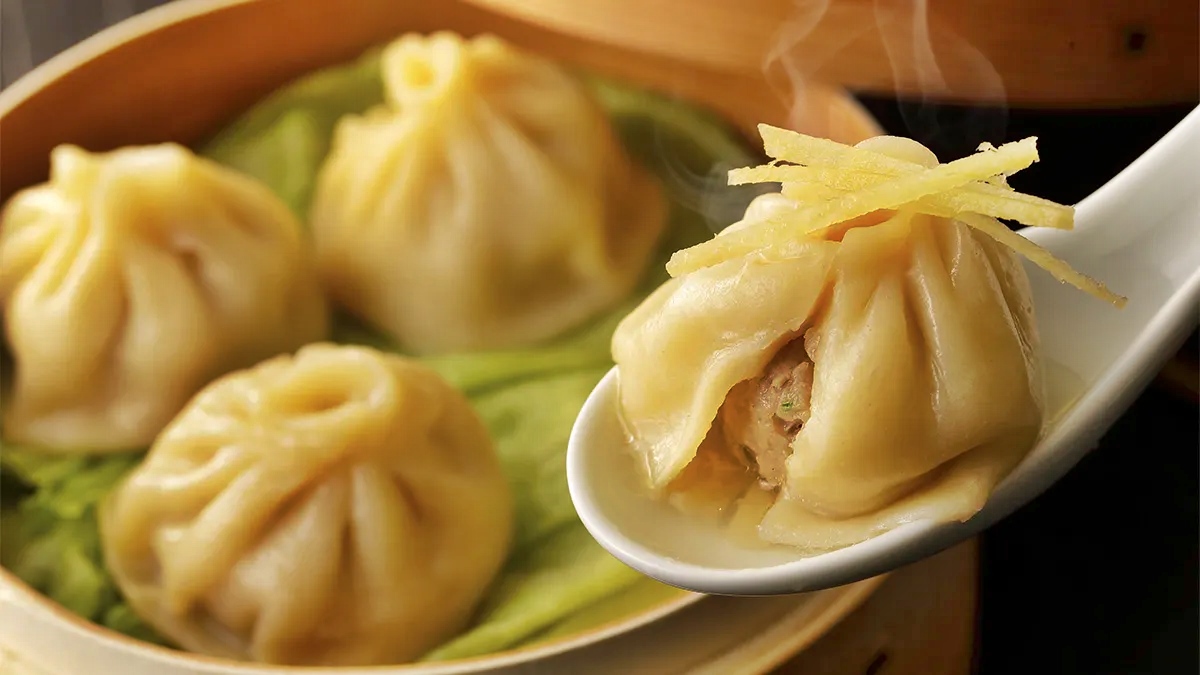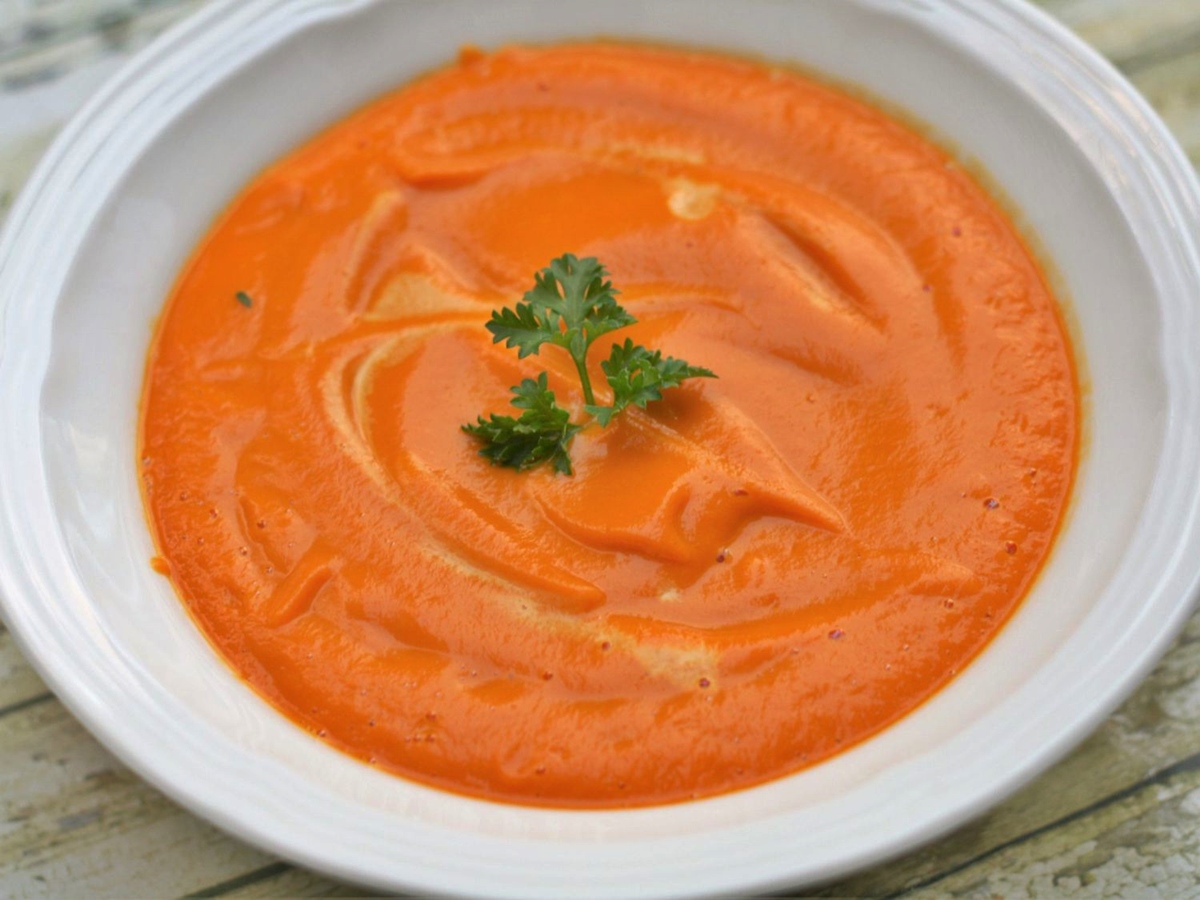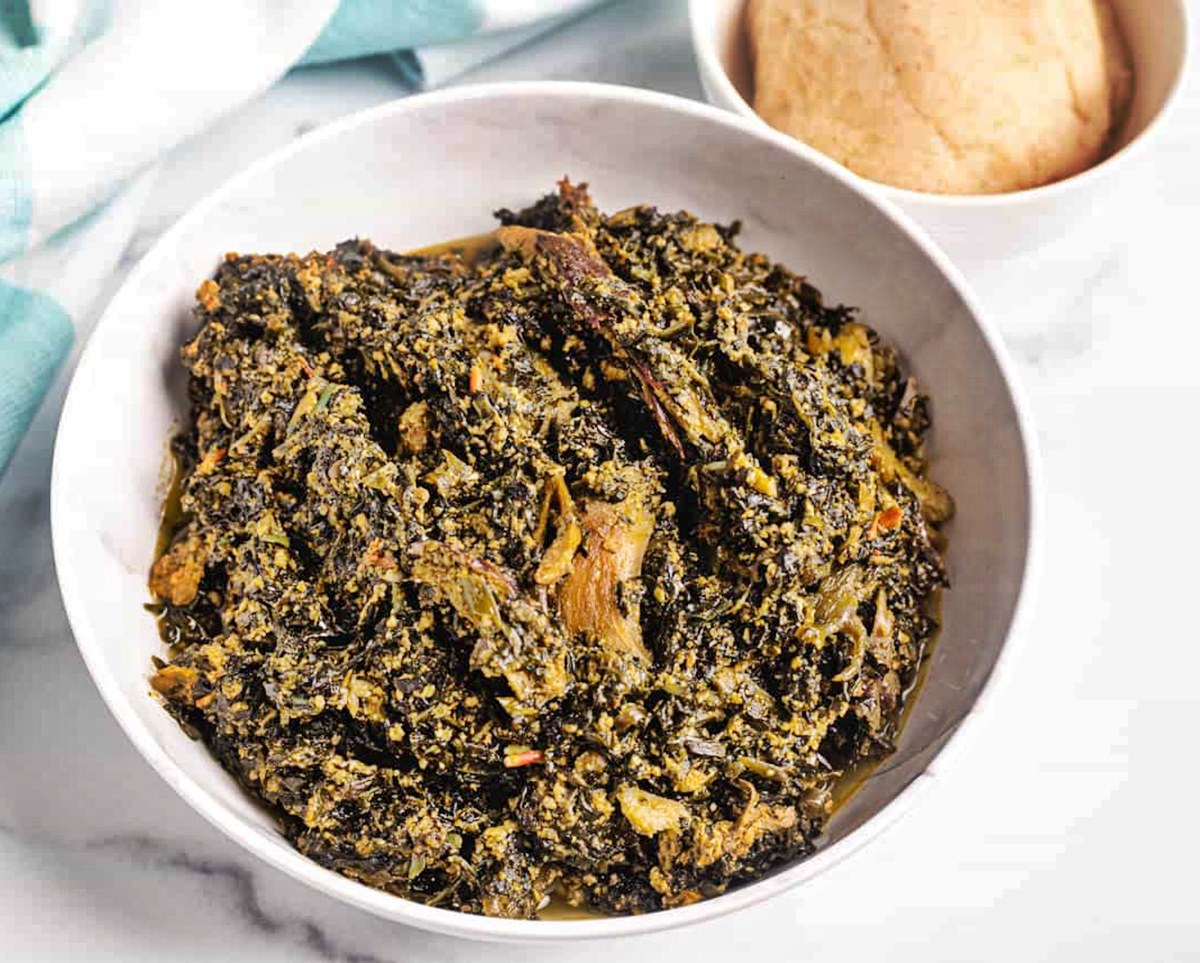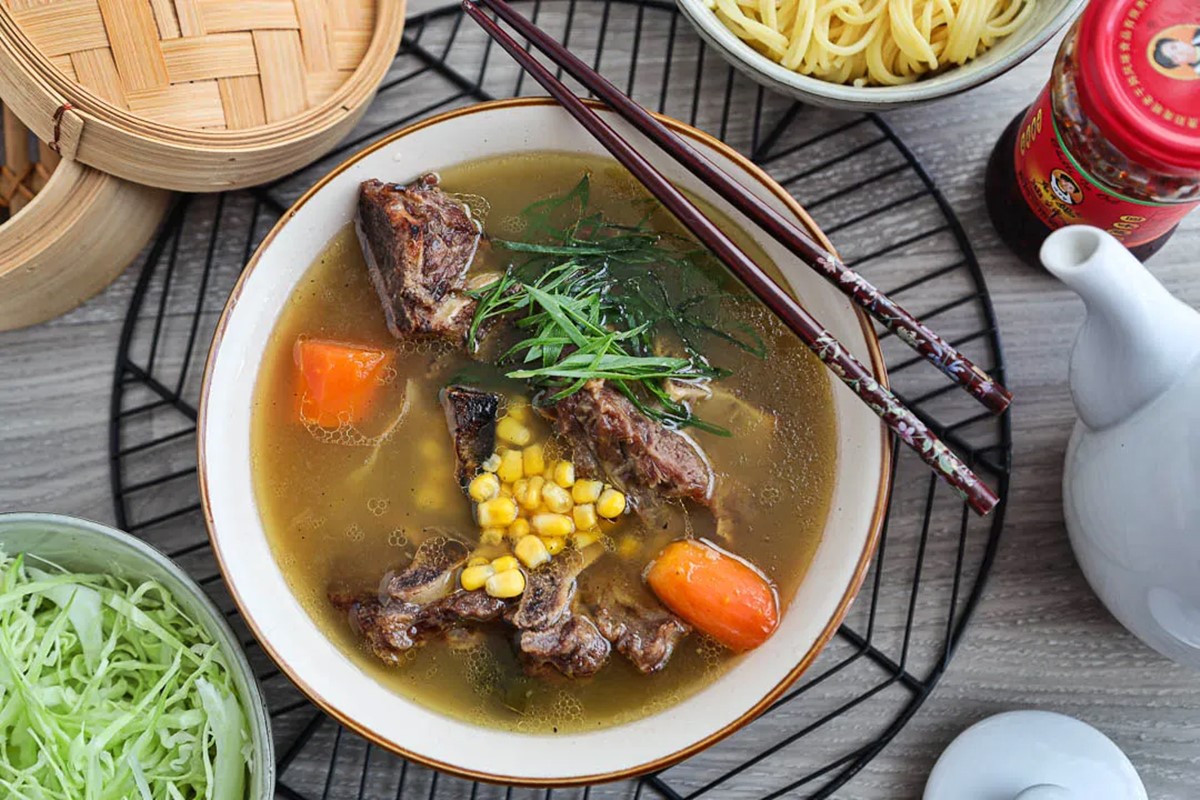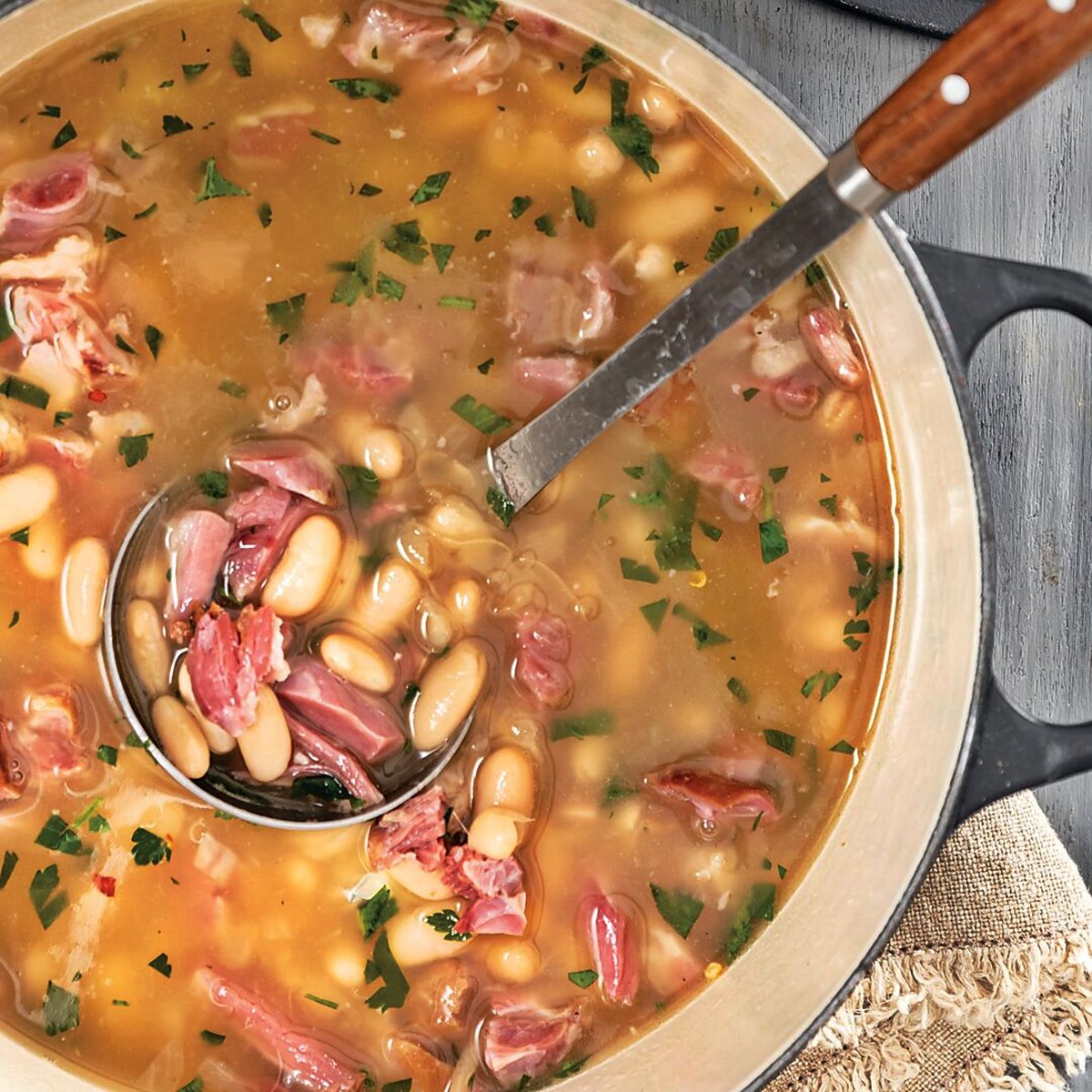Cooking Nigerian vegetable soup, known locally as Edikang Ikong, is an art form that brings a burst of flavors and nutrients to your table. This beloved dish combines leafy greens, such as ugu (pumpkin leaves) and waterleaf, with rich proteins like beef, fish, and snails, creating a hearty and nutritious meal. Perfect for anyone looking to dive into the heart of Nigerian cuisine, this guide will walk you through the steps to master this vibrant soup. With a focus on fresh ingredients and traditional cooking methods, you'll soon be able to bring a taste of Nigeria right into your kitchen.
Essential Ingredients for Nigerian Vegetable Soup
- Spinach or Ugu leaves (Pumpkin leaves), 500g, washed and sliced
- Palm oil, 200ml
- Stockfish (pre-soaked), 1 medium size
- Dried fish, 2 pieces
- Beef, 500g, boiled and seasoned
- Crayfish, ground, 2 tablespoons
- Pepper, ground, to taste
- Onions, 1 large, diced
- Maggi or Knorr cubes, 2
- Salt, to taste
- Periwinkle (optional), 1 cup
- Water, as needed for cooking
Necessary Tools for Crafting Nigerian Vegetable Soup
- Large Pot
- Wooden Spoon
- Cutting Board
- Chef’s Knife
- Blender or Food Processor
- Measuring Cups and Spoons
- Vegetable Peeler
- Strainer
- Mixing Bowls
Cooking Nigerian vegetable soup involves selecting fresh vegetables like spinach and ugu, sautéing meats with spices, and blending tomatoes, peppers, and onions for a rich, flavorful base. Perfect with fufu.
The Importance of Nigerian Vegetable Soup
Cooking Nigerian Vegetable Soup, commonly known as Efo Riro, is more than just preparing a meal; it's about preserving a rich cultural heritage. This dish, vibrant with flavors and colors, showcases a blend of leafy greens, peppers, and spices, embodying the spirit of Nigerian cuisine.
In preparing Efo Riro, chefs and home cooks alike express creativity and passion. Each ingredient, from the spinach to the locust beans, tells a story of tradition and community. It's a way to connect with roots, celebrate diversity, and bring people together around a delicious, nourishing meal.
Your Guide to Cooking Nigerian Vegetable Soup
How To Cook Nigerian Vegetable Soup
-
Gather Ingredients
- Meat (beef, goat, chicken) or Fish (dry fish, stockfish)
- Vegetables: Ugu (fluted pumpkin leaves) and/or spinach
- Palm Oil
- Crayfish (ground)
- Pepper (Scotch bonnet or habanero)
- Onions
- Stock Cubes
- Salt
- Water
- Periwinkle (optional)
- Snails (optional)
- Mushrooms (optional)
-
Prep Meat or Fish
- Clean meat or fish thoroughly.
- Season with sliced onions, stock cubes, and salt.
- Boil until tender. Set aside, keeping stock.
-
Blend Crayfish and Pepper
- Combine crayfish and pepper.
- Blend until smooth. Set mixture aside.
-
Prep Vegetables
- Wash vegetables carefully.
- Chop into bite-sized pieces. Set aside.
-
Cooking Process
- Heat palm oil in a large pot.
- Add diced onions, sauté until translucent.
- Stir in crayfish and pepper blend.
- Cook for about 5 minutes on medium heat.
- Add meat or fish including its stock.
- Simmer for 10 minutes, allowing flavors to meld.
- If using, add periwinkle, snails, or mushrooms.
- Cook for an additional 5 minutes.
- Gradually add vegetables to the pot.
- Stir gently, ensuring even distribution.
- Allow to simmer for about 3-5 minutes. Avoid overcooking to retain vegetable color and nutrients.
- Taste and adjust salt and stock cubes as needed.
-
Serving
- Serve hot with a side of fufu, pounded yam, rice, or garri.
Tips
- Meat and fish can be mixed for a richer flavor.
- Palm oil should not be overheated to prevent a bitter taste.
- Vegetables should remain vibrant and slightly crunchy.
- Stock can be adjusted to achieve desired soup thickness.
- Crayfish adds a distinct flavor but can be reduced to suit taste preferences.
- Periwinkle, snails, and mushrooms are optional but enrich the soup's texture and nutritional value.
Mastering Nigerian Vegetable Soup
Cooking Nigerian vegetable soup is an art that combines rich flavors, vibrant greens, and a touch of tradition. With the right ingredients like fluted pumpkin leaves, spinach, and a mix of meat and seafood, anyone can bring this hearty dish to life. Remember, the secret lies in the balance of spices and the freshness of the vegetables. Practice makes perfect, so don't shy away from experimenting with different textures and flavors. Whether you're cooking for a family dinner or a special occasion, this soup is sure to impress. Embrace the process, enjoy the flavors, and share the warmth of Nigerian cuisine with your loved ones. Happy cooking!
Common Questions About Nigerian Vegetable Soup
What ingredients do I need for Nigerian Vegetable Soup?
For a classic Nigerian Vegetable Soup, also known as Efo Riro, you'll need spinach or any other leafy green as the main veggie. Other essentials include palm oil, assorted meats (like beef, goat meat, and tripe), fish (dried or smoked), ground crayfish, pepper mix (tomatoes, bell peppers, and hot peppers), onions, and seasonings like stock cubes and salt. Don't forget locust beans (iru) for that authentic flavor!
How long does it take to cook Nigerian Vegetable Soup?
Cooking this soup doesn't take all day. From start to finish, you're looking at about 1 to 2 hours. Prep time might vary depending on how fast you chop your veggies and meats, but the actual cooking time is pretty straightforward.
Can I use frozen vegetables for the soup?
Sure thing! Frozen vegetables are a great time-saver and work well in Nigerian Vegetable Soup. Just remember to thaw and drain them properly to avoid adding extra water to your soup.
What's the best way to serve Nigerian Vegetable Soup?
This hearty soup pairs beautifully with starchy sides like pounded yam, fufu, or white rice. Serving it alongside these complements allows the soup's flavors to shine and makes for a filling meal.
Is Nigerian Vegetable Soup spicy?
Typically, yes. The heat level, however, is totally adjustable. Feel free to reduce or increase the amount of hot peppers to suit your taste buds. It's all about finding that perfect balance that tickles your palate.
Can I make Nigerian Vegetable Soup vegetarian?
Absolutely! To make a vegetarian version, simply skip the assorted meats and fish. You might want to add more mushrooms or tofu to keep it hearty and protein-rich. Just remember to adjust your seasonings since you won't have the meat's natural flavors.
How do I store leftovers?
Leftover Nigerian Vegetable Soup keeps well in the fridge for up to 3 days. For longer storage, freeze it in an airtight container. When you're ready to enjoy, thaw overnight in the fridge and then reheat gently on the stove.
Was this page helpful?
Read Next: How To Cook Ogbono Soup
